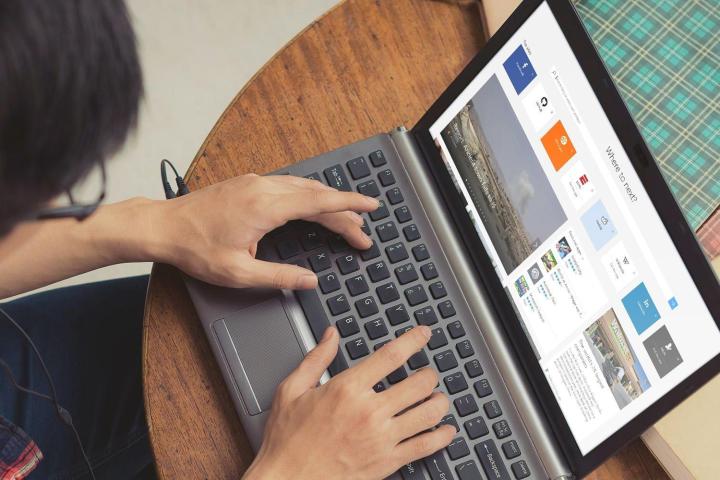
With the rising popularity of Chromebooks across education and consumer sales, Microsoft is doing everything it can to try and compete. We know that separate from the seven versions of Windows 10, there is also Windows 10 with Bing. This special version of Windows 10 is provided for free to OEMs to encourage ultra cheap systems. While it’s not clear what the difference is at this time, there was also a Windows 8.1 with Bing. That OS was also free to manufacturers who wanted to make cheap systems, and the only difference was that it came out of the box with Bing as the default search engine in Internet Explorer. Users were free to change the setting, or not use Internet Explorer.
There are three systems purported to release between August and the end of the year, probably around the same time we start seeing Skylake processors in machines. The least expensive is an 11.6-inch laptop for only $169, a price that puts it right alongside the cheapest of the Chromebooks. There are also two 14-inch systems, a standard laptop for $199, and a convertible for $249.
These machines aren’t your standard low-price laptops that cut corners on the processor. Manufacturers plan on powering these machines with Broadwell CPUs. In fact, the processors inside are likely to be the Celeron or Pentium chips that are just making it to market at $107 and $161 respectively. These dual-core chips range from 1.5 to 1.9GHz and have built-in Intel HD graphics.
It’s not just a play against Chromebooks either – these budget systems could help win users over again for Windows 10. Microsoft has focused on changing its image and opening its platform in a number of ways, but whether the new version of Windows can slim down enough to compete with ChromeOS remains to be seen.
Editors' Recommendations
- How to choose between a MacBook and a Windows laptop
- I took my son shopping for his first school laptop. Here’s what surprised me
- How ChromeOS Flex turns old PCs into Chromebooks for free
- Powerful Snapdragon 8cx Gen 2 Chromebooks could be coming soon
- I switched to a Chromebook for a week. Here’s what surprised me as a Windows user


